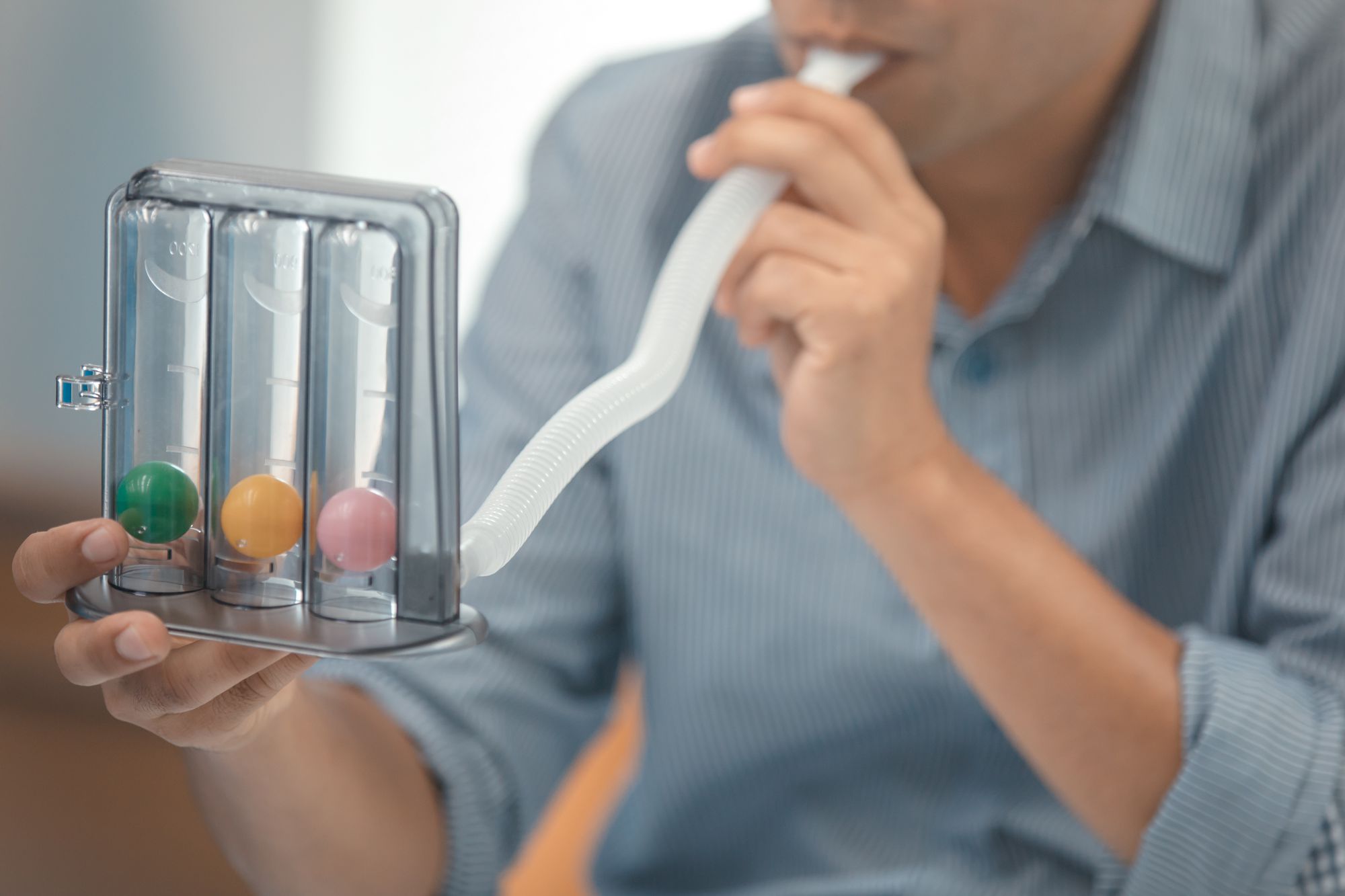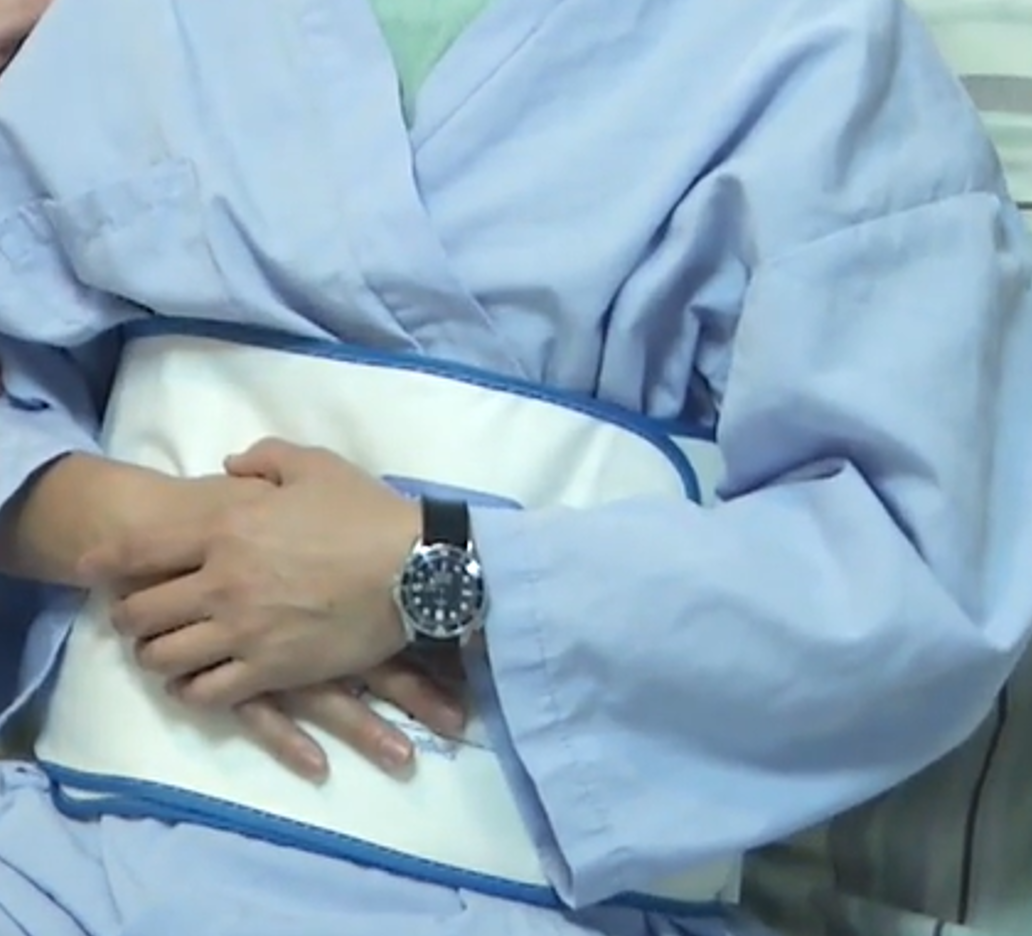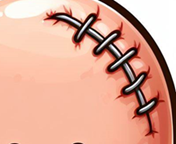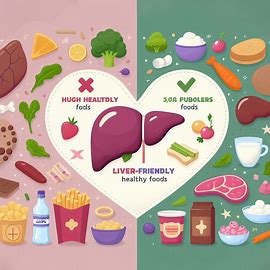Importance of postoperative nursing
After you undergo liver transplantation. There will be some doubts and anxieties in your mind. In order to relieve your anxiety, a special health education leaflet is provided for your reference.
Prevent pulmonary comorbidities
- Turn over every 1-2 hours, and be careful not to drag the drainage tube.
- You can get out of bed and sit in a chair or move around. This helps lower your diaphragm, promote lung expansion, and increase muscle strength.
- Use a tri-balls incentive spirometer (3-ball inhalation).
- Breathe deeply and cough effectively.



Relieve wound pain
- When taking deep breaths and coughing, fix the wound with your hand or a corset belt to relieve the pain.
- When changing posture or moving position, support your abdomen with both hands and avoid touching the wound to cause pain and discomfort.
- If there is pain after operation, inform the medical staff, who will then give appropriate analgesics after evaluation.
Avoiding wound infection
- Any abnormal redness, fever or other signs of possible infection should be immediately reported to the physician or nursing staff.
- If you feel or suffer from acute physical discomfort or bleeding from a wound, you should immediately inform your family or nursing staff.
Notes for medication
- When taking immune agents, please follow the dosage prescribed by your doctor and inform your doctor immediately if you find any discomfort.
- Take immunosuppressants regularly to maintain the effective blood concentration and avoid drug interactions, and pay attention to the sequence of taking the drugs so as not to reduce the absorption of immunosuppressants.
- Be aware of any signs of rejection, such as jaundice, decreased urine, brown urine, fever, abdominal pain, etc.
Postoperative dietary precautions
- When you are allowed to eat, you should go from clear liquid diet followed by soft diet and normal diet.
- Clear liquid diet: rice soup, juice, clear soup (fat-free stock).
- Soft diet: porridge, pudding, steamed egg, cheese, yogurt, digestible vegetables, fruits.
- Normal diet: eat the same as you do at home.
- Precautions during eating:
- In the early stage of eating, as intestinal peristalsis has not completely recovered, try to avoid gas-producing food that might cause abdominal flatulence, such as beans and milk.
- Eat several small balanced meals a day, high protein and high vitamin C foods can be consumed to promote wound healing.
- Due to the use of immunosuppressants, the body's resistance is low. In order to ensure the freshness and cleanliness of food, it is recommended that families cook themselves at home and fish, meat and shellfish should not be eaten raw. Fresh food should not be kept at room temperature for too long. Refrigeration should be limited to one day, avoid eating out.
- Canned and processed foods must be avoided because of their high salt content or sodium additives.
- Avoid stimulating drinks, such as tea, coffee, ginseng, alcoholic drinks or chilies, pepper, etc.
- Avoid grapefruit after surgery (because it can interfere with the absorption of anti-rejection drugs).
- Do not drink groundwater or mountain spring water, use tap water or certified water after boiling.
- Food and tableware should be kept clean.
- Eat in a good mood.


Additional notes
- Pay attention to self-hygiene, especially oral hygiene, where bacteria are easy to breed.
- Wash your hands and wear a mask before and after entering and leaving the ward. Stay away from public areas as much as possible.

